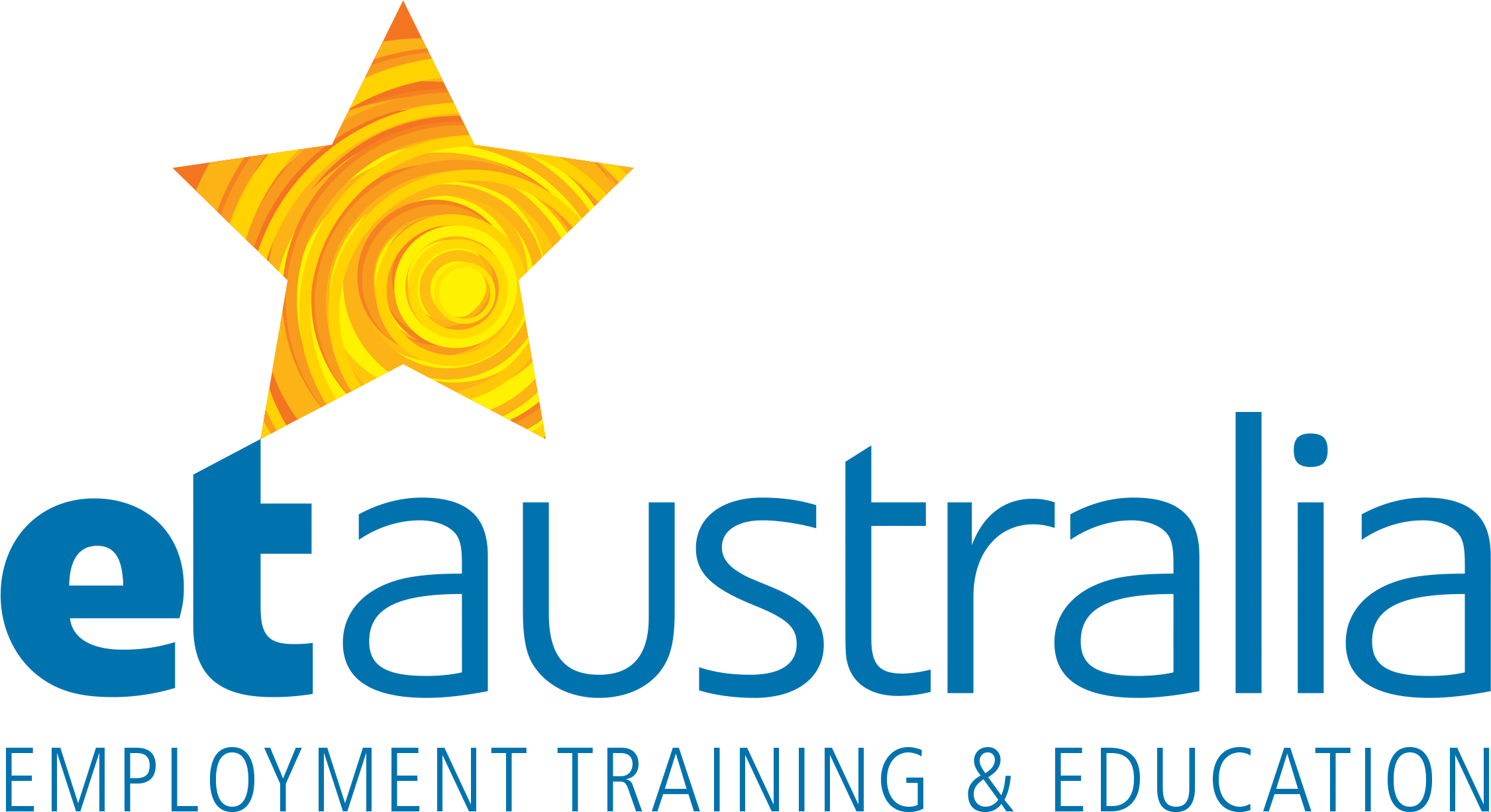Deadlines, bosses, commutes, performance reviews…there’s no denying that the workplace can be challenging and overwhelming at times.
But when the stress levels peak and there seems to be more bad days than good, it’s time to learn how to manage the pressure and take responsibility for your own wellbeing.
There’s no better way to learn the best coping strategies, than by speaking to those in the know, so we asked some of the friendly staff at ET Australia Training College to pass on their best advice on how to deal with being overwhelmed and avoid the office burnouts:
- A problem shared is a problem halved
“My job can be overwhelming at times, I have to take into consideration government regulations, Training College finances, student outcomes, manage stakeholders and be flexible enough so my staff have an enjoyable work/life balance.
So, I always make sure I keep the lines of communication open and honest with my colleagues, if anyone has a problem they know they can come to me, and likewise I’m constantly speaking to them for support and advice. Teamwork, really does make the dream work for us!”
Cath – ET Australia Training College Manager
- Free your mind (and your calendar)
“When I feel like my workload is getting on top of me, I try to minimise distractions as much as possible. This could mean turning off email notifications in order to focus on specific tasks until each of them is completed, listening to music to drown out distracting noise or work related discussions that could take my attention away from the task at hand and utilising my calendar to schedule my daily duties in order to stay on track.
Of course there are times when no matter how organised you are, the day doesn’t go according to plan and you can easily become overwhelmed. In these instances I prioritise and sort my to-dos into smaller, actionable tasks, which can make the workload seem less daunting and much more do-able and I have a sense of achievement when marking things ‘COMPLETED’ on my list.”
Lauren – ET Australia Training College Training Officer
- Preparation and quality down-time is the key
“My role can be pretty full on, as I take all incoming Training College enquiries. A work-life balance is important for me, and I always make sure I save quality time for hobbies and spending time with my friends and family, I find taking my mind off the office really helps.
I also try to preempt stressful situations, for example if I know we are having a big recruitment drive for one of our programs, I will ensure that leading up to the drive that I have attended to all high priority tasks to allow my focus to be on the drive. I will also have staff on standby to assist if the workload is too great, we work as a team and I am always willing to reciprocate if other team members find themselves needing assistance.”
Michelle – ET Australia Training College Product Specialist
Remember that every situation can have highs and lows, whether it be studying, working or your leisure time. What’s important is how you cope when issues arise, where possible take emotion out of the equation, enabling you to think rationally and logically.
After all, if you can be the calming influence in the workplace, you’ll find your colleagues will be coming to you for de-stress tips in no time!
Make sure you like us on Facebook to keep up to date with everything at ET Australia.

